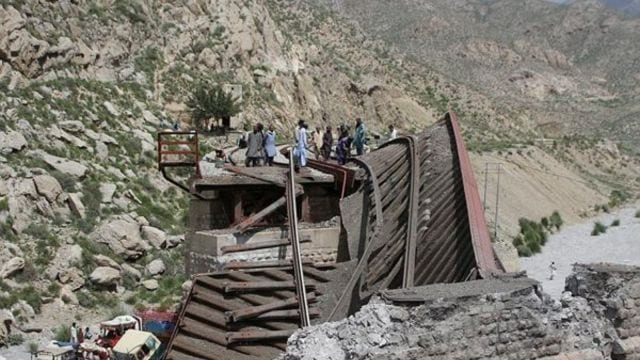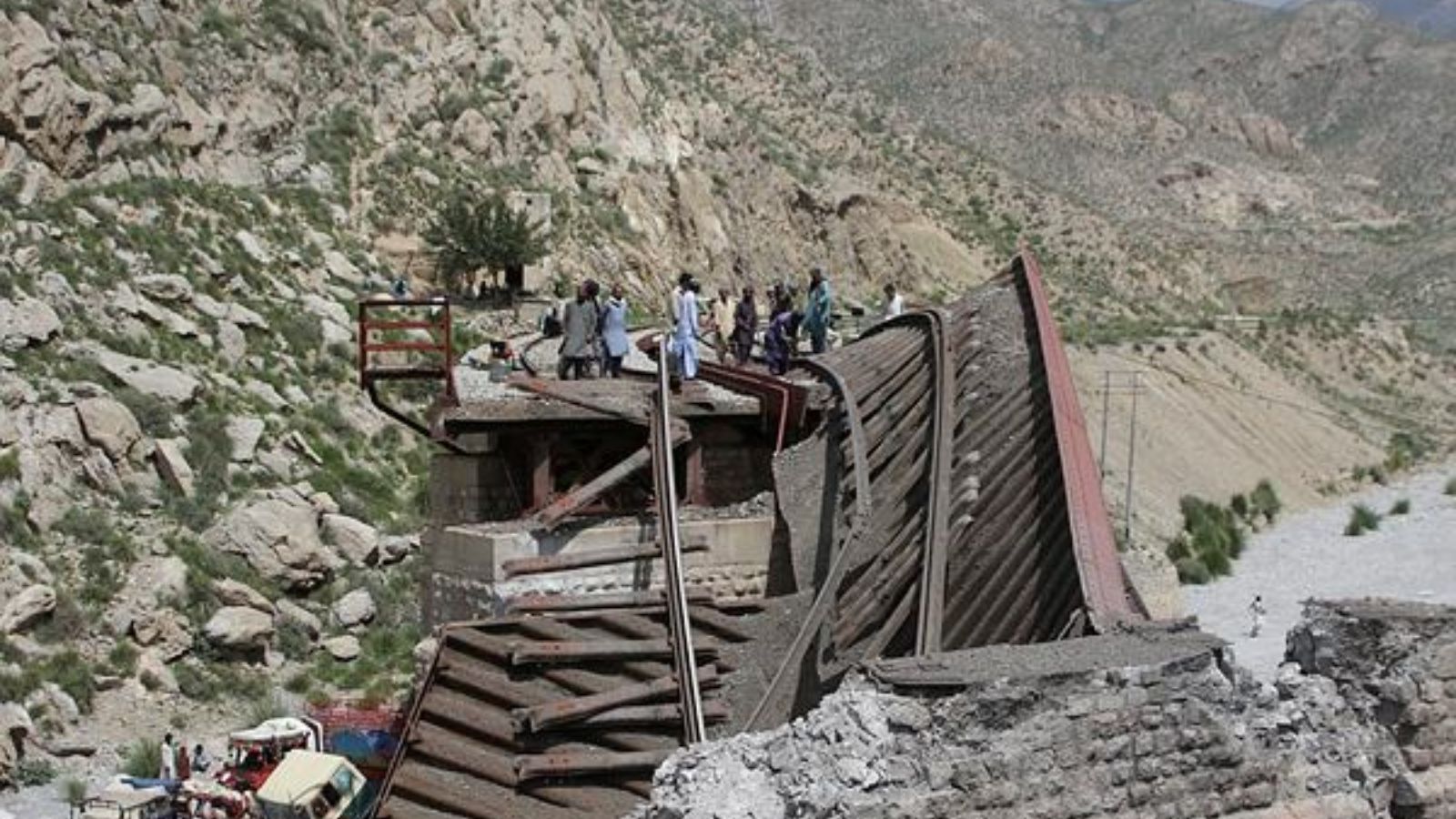
Balochistan attacks kill 70
Earlier this week, in a coordinated attack on about 12 locations across Balochistan, more than 70 people including civilians, security personnel and assailants lost their lives. In the Musakhel district, 23 people were targeted, offloaded from buses and trucks, and killed. Following this assault, a railway bridge in Bolan was blown up, several vehicles were set on fire in Mastung and 11 people were shot in Kalat. Balochistan Liberation Army (BLA), the separatist group, has claimed responsibility saying that it has also gained control of a large portion of the Frontier Corps camp in Bela and highways.
The Nation (August 27) says, “Balochistan has experienced a steady increase in violence, and there seems to be a lack of effective government action to counter it.”
News International (August 27) points to a deeper malaise and the systemic issue of oppression in the region saying, “The BLA and other such groups do not represent the Baloch people, nor do their acts of terror justify sidelining the legitimate grievances of Balochistan’s citizens. The roots of this situation run deep, nourished by years of mistrust, marginalisation, and unaddressed demands for rights and autonomy.”
Dawn (August 27) underscores the necessity of dialogue urging the government to pay attention to those “who condemn violence and want peace and genuine efforts for change. It is only by listening to and cooperating with the people of Balochistan that the terrorists can be eliminated.”
For change in Bangladesh
In the wake of former Bangladesh prime minister Sheikh Hasina’s resignation, Nobel laureate Muhammad Yunus has been handed charge as chief adviser to the interim government. He commands respect from leaders across the world and has been a staunch critic of Hasina’s regime. However, after weeks of violent student-led protests, Yunus has a mammoth task at hand — restoring peace and reforming the nation. The Bangladesh press lays out the social, economic, political and geopolitical challenges before Yunus’s government.
In his address to the nation, as mentioned by The Daily Star editorial (August 27), Yunus “emphasised the need to implement various reforms to institutionalise democracy in the country, attending to the most pressing demands of our people.” He delineated the reforms most urgently needed including “overhaul [of] law enforcement”, giving power back to the people through dialogue with political parties and elections, probing the violence that occurred during the protests and invited civic engagement.
Dhaka Tribune columnists (August 29) Selim Raihan and Kunal Sen lay out the economic challenges from the fallout of this crisis: “The immediate task is to tackle inflation.” However, as was evident from the mass uprising, “Slow growth in job creation and unemployment, especially among educated youths, has also long been an issue in Bangladesh.”
Prothom Alo columnist Saif Islam (August 25) speaks to the role of expatriates in rebuilding Bangladesh: “Every expatriate always looks for an opportunity to return to the soil of his country, to repay the country’s debt… Rational guidance, appropriate leadership and planning are needed to utilise their strengths and talents.” Islam believes that the “talent, money and desire” can aid in the “formulation, financing and implementation of higher education, research and technology policies of the country.”
Enforced disappearances are human rights violations
On August 29, one day before the International Day for the Victims of Enforced Disappearances observed on August 30, the Bangladesh interim government signed the instrument of accession to the International Convention for the Protection of All Persons from Enforced Disappearances. The government has also announced the formation of a dedicated commission to investigate enforced disappearances. The Bangladesh press, across the board, has lauded this decision calling it “pro-people”.
The issue of enforced disappearances and extrajudicial killings during Sheikh Hasina’s regime has been a concern for a long time. In an effort to quash opposition and maintain authoritarianism under the garb of democracy, those defying the government are essentially removed without a trace. Though the practice of surveilling and employing security agencies to keep citizens and politicians alike in line began much earlier, it “can be said to have reached its zenith” under Sheikh Hasina’s rule, according to The Daily Star editor Mahfuz Anam (August 30).
Dhaka Tribune (August 28) agrees with this saying, “Enforced disappearances are a flagrant violation of human rights and the practice was ostensibly at its absolute highest during the last government’s tenure, despite vehement denial from the AL [Awami League] government.”
Anam asserts that “life and liberty” were never protected under Hasina’s rule: “We must never fall into such depths of cruelty and inhumanity again. Enforced disappearances and extrajudicial killings are a shame on our dreams from the Liberations War and must be eradicated forever.”
adya.goyal@expressindia.com



